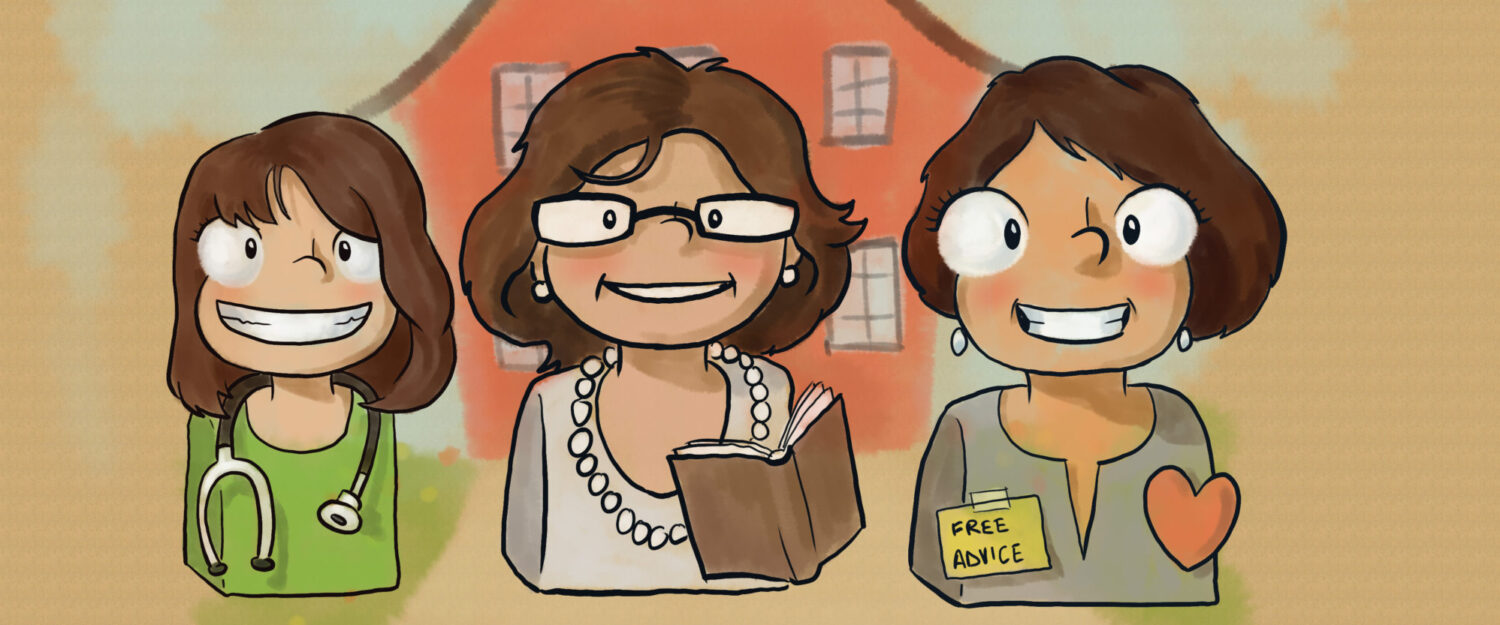 Does being successful make a person happy, or does being happy make a person successful?
Does being successful make a person happy, or does being happy make a person successful?
The answer is BOTH. However, if you are asked to choose which is most true, you might be surprised. Many people think being successful is the key to happiness, but in reality, the opposite is true. Happiness leads to success. Happiness is the key. The journey matters–not just the destination.
If you find yourself saying things like, “If I just could…” or “When I get done with…” or “One day I will…” and you’re ending the sentence with “…then I will be happy” or “…then I’ll be satisfied” or “…then I’ll be successful”, you may be postponing happiness on your journey. People who are happy as they work towards their goals are more likely to reach their goals. Be happy first, and you’ll be more likely to be successful!
What are the benefits of happiness?
It might seem obvious that being happy is a preferred way of being. What people don’t always realize is that being happy has many additional positive benefits. Happy people:
- view the world more positively,
- cooperate more easily with others,
- make decisions more effortlessly,
- are healthier and more content,
- think more broadly and creatively,
- are more willing to help people, and
- have more satisfying relationships.
This is not an exhaustive list. The list of the benefits of happiness is a long one!
What contributes to our happiness?
Does money? Interestingly, money only contributes to happiness up to a point. Many people believe that having more money will make them happier. This may be true in the short term until the person habituates to the new car or laptop or dress or phone or whatever it is that the person bought. Studies show that after a short amount of time, people who win millions of dollars in lotteries are no happier than they were before winning. Studies have also shown that even when people make more money than their parents and grandparents, their happiness level is no higher.
Having enough money to have one’s basic needs met is important in determining happiness, but once a person has the essentials provided (e.g., food, water, shelter, safety), the person’s level of happiness becomes more relative. It’s not how much money a person has or how many “things” they have that impact someone’s happiness as much as it is the gratitude or thankfulness the person has for what they have.
If someone is going to spend money, it is better to purchase experiences, not material possessions. Buying lessons, trips, events, and other intangible activities tends to keep people happier than buying a new this or a new that.
Want to be happier? Practice these behaviors:
- Get enough sleep!
- Be active. Exercise or do an activity that requires you to exert physical energy.
- Act happy. Smile. “Fake it ‘til you make it.”
- Manage your time.
- Do activities you enjoy…but in moderation, of course. Even positive activities may become negative if done in excess.
- Spend time with people who care about you.
- Help others! Doing good makes you feel good. This is the “Feel-good, do-good phenomenon” in reverse.
- Count your blessings–Be grateful.
- Grow your spiritual self. Pray or meditate.
- Connect with others. Social relationships with both peers and adults are key ingredients for a happy life.
- Be aware of how social media affects your well-being.
- Even just one hour on social media has been shown to negatively affect a person’s mood.
- Studies have shown that the more people look at other people’s social media posts, the more likely they are to feel bad.
- Laugh…but not at the expense of others.
- Do one thing at a time. Refrain from multitasking. Which leads to the next behavior…
Be Mindful
- LIVE IN THE MOMENT.
- A Harvard study by Killingsworth & Gilbert* found that adults are in the present moment about 50% of the time (47% to be exact) and that even if they are doing something they don’t enjoy, adults are happier than if they are thinking about something else while doing the activity.
- How to live in the moment→ Notice when your thoughts begin to trail to other places (past, future, present but somewhere else) and rein them back into what is happening in your here and now.
- Pay attention to the information your senses are sending your way. The sights, sounds, touches, smells, tastes.
- NOTICE. Notice your breathing. As you notice your thoughts, the environment around you, or anything beyond your breathing, remind yourself to focus only on your breathing. When you realize you’ve become distracted from focusing on your breathing, return to focusing on your breathing with no judgment. Do this for 5 minutes a day, increasing to 10 minutes.
Happiness isn’t just about having fun. Happiness is deeper than that. It is also about finding meaning and purpose in your life. Success is a by-product of happiness.
This article is part of WELL-BEING: Let the Journey Begin, five mini lessons for students in grades 6-12. Click here if interested in checking out the mini lessons, which include scripts and slideshows for each lesson, covering the topics of Happiness, Habits, Sleep, Safety, and Well-Being.
* The Killingsworth & Gilbert study can be found here: A wandering mind is an unhappy mind
